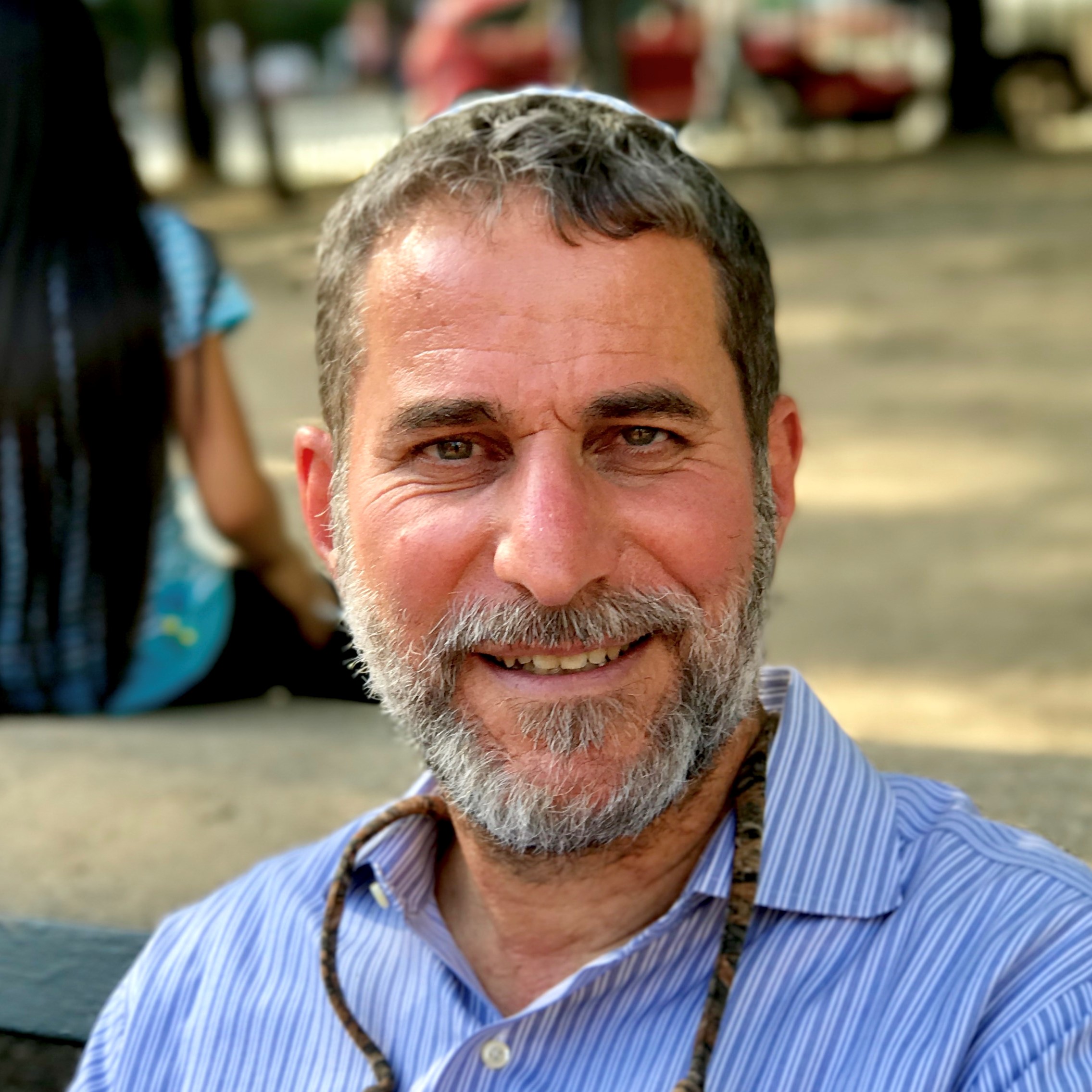Beit Midrash
- Torah Portion and Tanach
- Vayikra
- Tzav
The Torah study is dedicatedin the memory of
Simha bat Hana
Despite these apparently clear instructions, few commentaries explain that Aharon and his sons were fully forbidden to leave the Mishkan complex for seven days. The Ramban cites Torat Kohanim, which sees this pasuk as the source for a permanent law that a kohen may not leave his post in the midst of performing avoda (service in the Temple). But Rav Hirsch asks a strong question. During the days of milu’im, Moshe did all of the avoda; the kohanim did none. So how can one relate the p’sukim describing the kohanim’s behavior during those days to their behavior at the time of avoda?
Ibn Ezra says that the p’sukim do refer to remaining in the Mishkan during the entire period. However, they were permitted to leave for certain purposes during this period. It is just that one could say about the period as a whole that they did not leave, in general. But one can still ask: why did the Torah use such strongly inclusive language if in fact they were allowed to leave?
The simple explanation is that Aharon and his sons were instructed to totally immerse themselves in the atmosphere of holiness that was prevalent at the Mishkan, as Rav Hirsch writes. The Torah stresses that there are times when one should ideally be in a certain place on an uninterrupted basis. Even when this is impossible on a practical level, one has to do what he can, physically, and concentrate on a mindset of one who never leaves.
The Netziv, picking up on the words, "they shall watch the watch of Hashem," refers to his explanation elsewhere in the Torah that this phrase refers to in-depth study of the Oral Law. In other words, even after completing their stint in the Mishkan, the kohanim had not completed their responsibilities. Rather, they had to continue to learn so that they would be capable of fulfilling their complex avoda with a deep understanding of their laws, along with the laws of the Torah, in general. Indeed, we find that Torah study should be seen as an ongoing process, even when practically there are long breaks. For that reason, one who makes a blessing on Torah study in the morning, learns a little, and then spends much time on other activities is still considered connected to the experience of the study. Therefore, when he returns to learn, he does not make a new beracha (see Tosafot, Berachot 11b).
The experiential exposure to Moshe’s avoda during the inaugural days, continued during "off-hours" by the holy, intellectual pursuit to understand the Torah, combined to prepare the kohanim for their holy calling.

Is Keeping the Old Going New?
Rabbi Daniel Mann | Adar II 12 5782

Temple Sacrifices Today!
Baruch Gordon | Nissan 13 5781
Vengeance as the Foundation of the Nation and Faith
Rabbi Yechezkel Frenkel | Nissan 9 5783





















